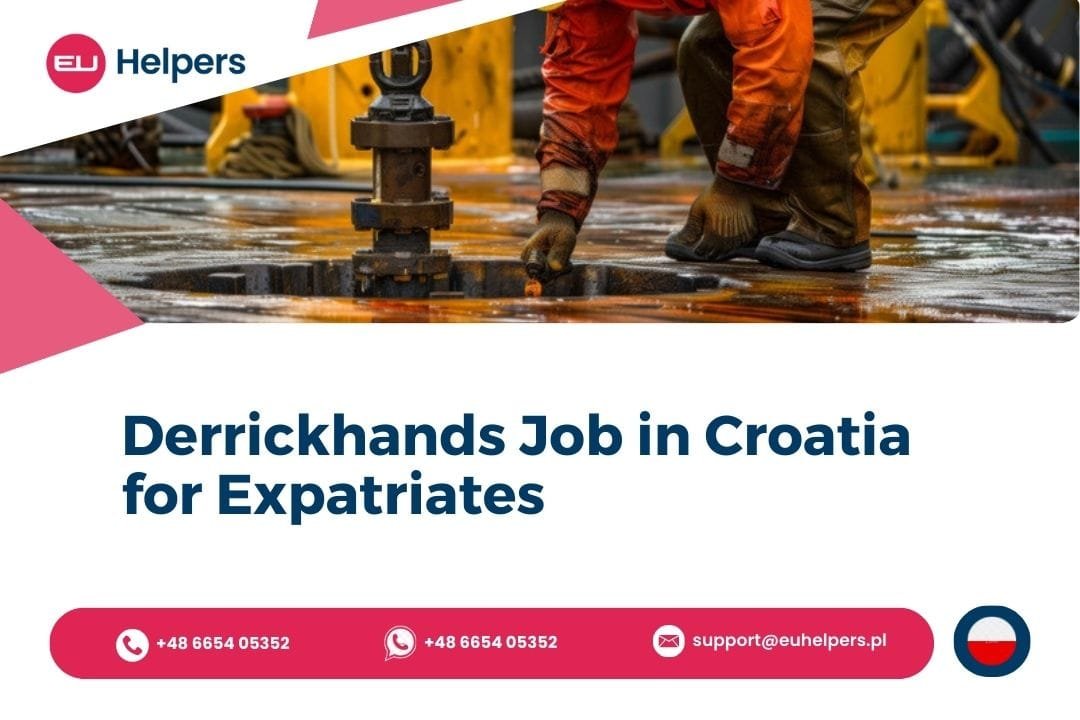Derrickhands, also referred to as Drilling Fluid Operators (DFO), are team members stationed on offshore oil or gas rigs. Their duties entail working on a platform connected to the derrick, typically situated 20-25 meters above the rig floor. The derrick provides support for the rig's drilling assembly, and derrickhands operate under the driller's supervision.
Responsibilities:
- Responsibilities include overseeing the drill pipe attached to the oil rig, stacking sections of the pipe, and ensuring proper alignment of valves and equipment.
- Operating lifting equipment during the movement of the pipe in and out of the drilling hole.
- Mixing mud, fluids, and chemicals, while maintaining records of their usage.
- Controlling the circulation of mud down the drill pipe during drilling operations.
- Supervising the mud pumps and adding necessary substances to the mud mixture.
- Conducting viscosity tests and measuring mud density using gauges.
- Maintaining the equipment involved in the mud circulation system, such as motors, transmissions, and pumps.
Working conditions:
- Work environment entails exposure to extreme conditions outdoors, including cold, wet, windy, and noisy settings, with potential dangers.
- High risk of accidents, particularly when working at heights for extended periods.
- Typical work schedule involves alternating 2-3 week offshore shifts with similar duration rest periods ashore, leading to extended time away from home and family.
- Limited mobile phone signal offshore, but access to pay phones and internet facilities is usually available.
- Strict alcohol and drug policies enforced, including random testing.
- On offshore shifts, expected to work 12-hour shifts with rest and meal breaks, followed by 12 hours off duty.
- Employers provide free accommodation, often shared cabins, and meals, along with recreational amenities.
- Required to wear protective and waterproof clothing, including thermal suits, gloves, boots, and hard hats, with all necessary safety equipment provided.
- Transportation between rig/platform and onshore via helicopter.
Requirements:
- No formal qualifications required for entry, but having some subjects at National 4 or 5 level can be beneficial.
- Minimum age requirement of 18 years to work offshore, with at least one year of offshore experience necessary to become a Derrickhand.
- Typically begin as a roughneck (floorhand) or roustabout.
- Mandatory completion of an offshore survival course like the Basic Offshore Safety Induction and Emergency Training Certificate (BOSIET); contact OPITO for more information. Some individuals opt to undertake this course at their own expense prior to seeking employment, while others may be sponsored by companies.
- Possible requirement to complete the Minimum Industry Safety Training (MIST) course.
- Physical fitness essential due to the job's demands, including climbing, lifting, and operating heavy equipment.
- Obligatory medical examination every two years.
Salary:
The typical salary for a drilling rig floor hand in Zadar, Croatia, averages 13,993 kn annually, which equates to an hourly rate of 7 kn.

